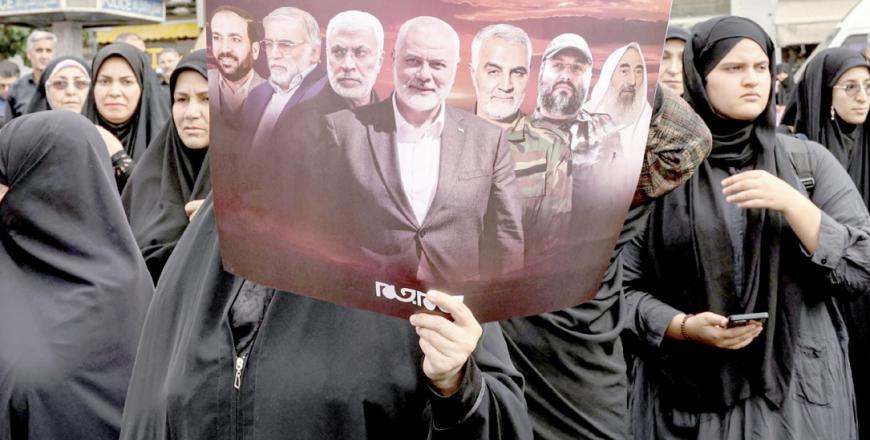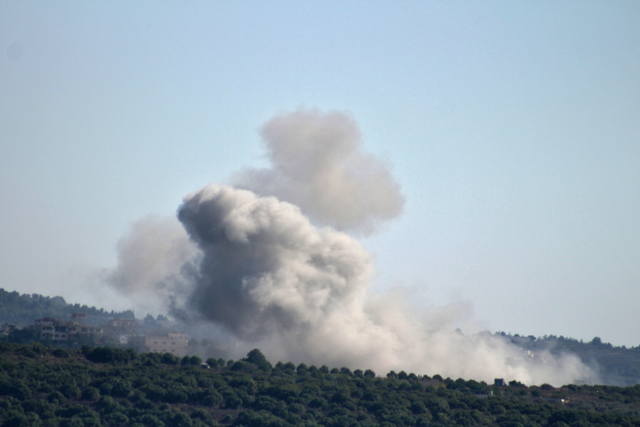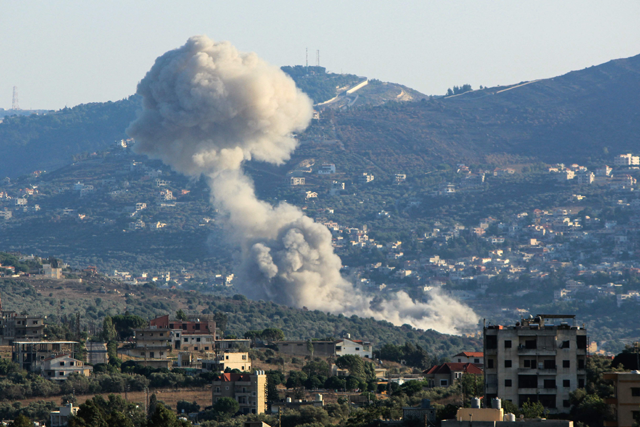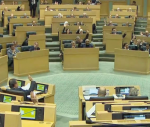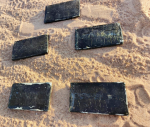You are here
Foreign nationals told to leave Lebanon as war fears surge
By AFP - Aug 04,2024 - Last updated at Aug 04,2024
BEIRUT, Lebanon — Urgent calls for foreign nationals to leave Lebanon grew on Sunday with France warning of "a highly volatile" situation as Iran and its allies ready their response to high-profile killings blamed on Israel.
Lebanon's Hizbollah, which has traded near-daily fire with Israeli forces since the Gaza war broke out in October, announced its fighters had fired a barrage of rockets at Israel's north overnight.
The Israeli military said 30 projectiles were launched from Lebanon, with most of them intercepted.
With Israel on high alert anticipating major military action from Hizbollah and Hamas, medics and police said two people were killed on Sunday in a stabbing attack in a Tel Aviv suburb.
Jordan, France, and Canada were among the latest governments to issue calls for their citizens to leave Lebanon.
"In a highly volatile security context", French nationals were "urgently asked" to avoid travelling to Lebanon, and those already in the country "to make their arrangements now to leave... as soon as possible", the foreign ministry in Paris said.
The United States and Britain have issued similar warnings.
Several Western airlines have suspended flights to the region.
On Sunday Qatar Airways said that "in light of recent developments in Lebanon", the Doha-Beirut route "will operate exclusively during daylight hours" at least until Monday.
The killing Wednesday of Hamas leader Ismail Haniyeh in Tehran, hours after the Israeli assassination of Hizbollah's military chief in Beirut, has triggered vows of vengeance from Iran and the so-called "axis of resistance" of Tehran-backed armed groups.
Israel, accused by Hamas, Iran and others of carrying out the attack that killed Haniyeh, has not directly commented on it.
War 'without constraints' -
Israeli ally the United States said it would move warships and fighter jets to the region to protect US personnel and defend Israel.
Analysts have told AFP that a joint but measured action from Iran and its allies was likely, while Tehran said it expects Hezbollah to hit deeper inside Israel and no longer be confined to military targets.
US President Joe Biden, asked by reporters if he thought Iran would stand down, said: "I hope so. I don't know."
Haniyeh's killing "has brought the Middle East to its moment of greatest peril in years", the International Crisis Group (ICG) think tank said in a report issued on Saturday.
"The risk of a spiralling conflagration is high," with the potential for a miscalculation that would trigger a war "without constraints... likely greater now than it was in April", it added.
On April 13, Iran launched its first ever direct attack on Israeli soil, firing a barrage of drones and missiles -- most of which were intercepted -- after a strike killed Revolutionary Guards at Tehran's consulate in Damascus.
The ICG said that securing "a long overdue ceasefire" in Gaza was "the best way of meaningfully reducing tensions in the region".
Hamas officials but also some analysts as well as protesters in Israel have accused prime minister Benjamin Netanyahu of prolonging the war to safeguard his ruling hard-right coalition.
On Sunday, Netanyahu told his cabinet he was "making every effort" to return the hostages and was prepared "to go a long way" to do so.
Related Articles
TEHRAN — Iran held a funeral ceremony on Thursday with calls for revenge after the killing in Tehran of Hamas political chief Ismail Haniyeh
BEIRUT, Lebanon — Visiting US envoy Amos Hochstein warned Wednesday the clock was ticking for a Gaza ceasefire that could also help end 10 m
BEIRUT, Lebanon - Hassan Nasrallah said his Hizbollah group and Iran were "obliged to respond" to Israel as the Middle East braced for the t


